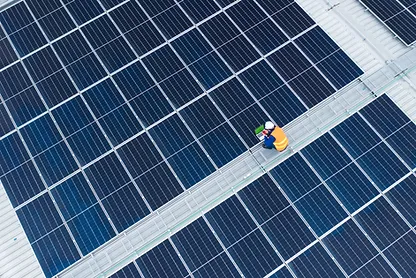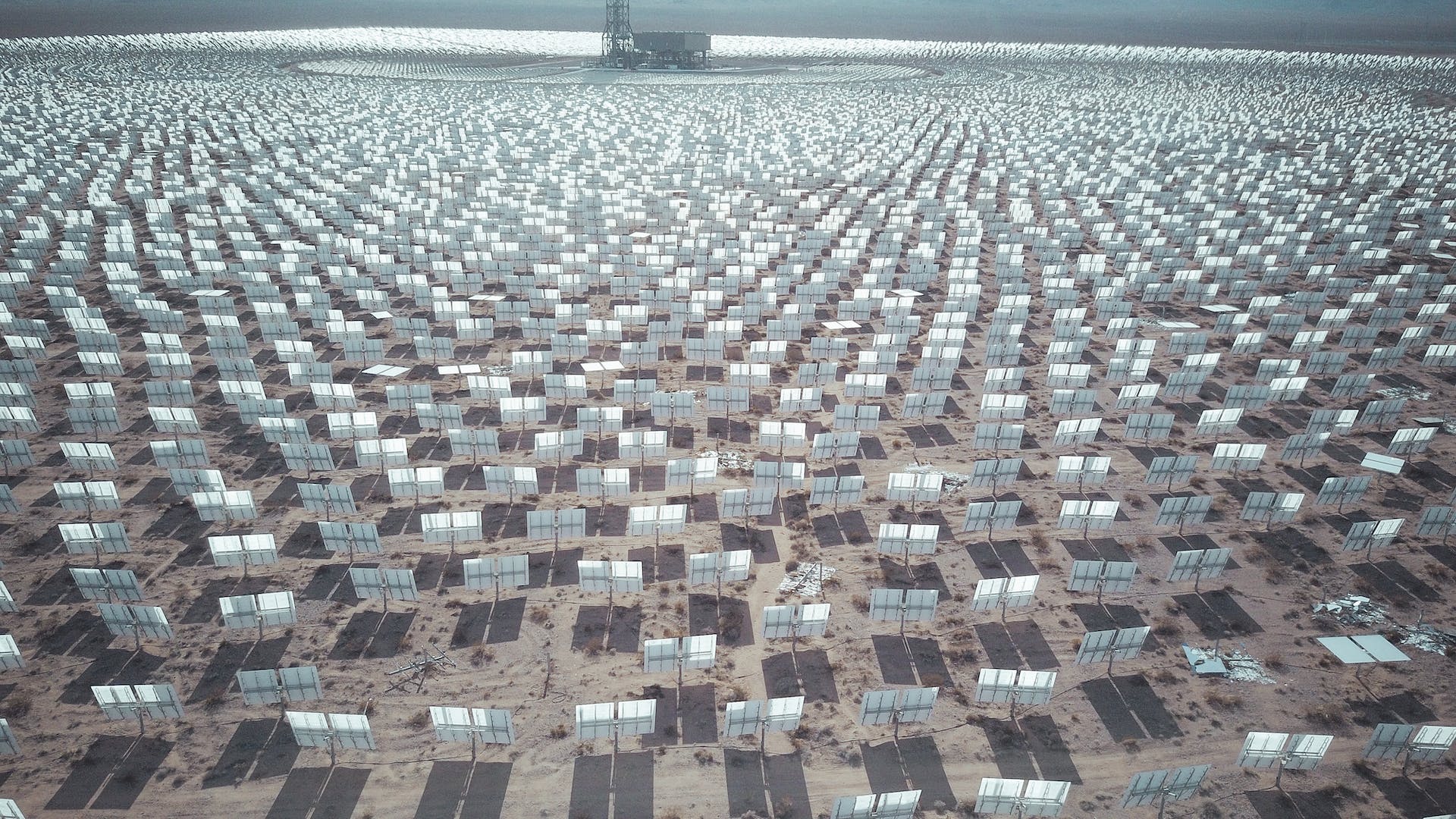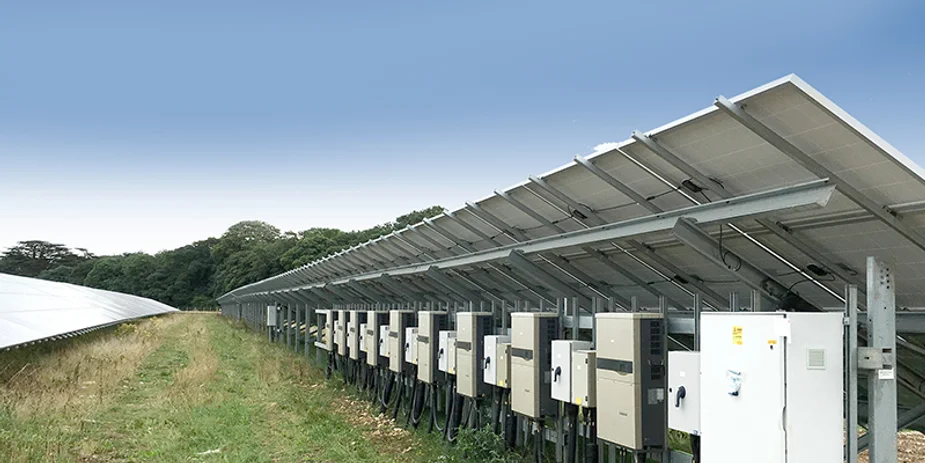What is Solar Energy?
Solar energy or solar radiation is energy that the sun releases. This energy can be captured and converted into useful forms of energy such electricity and heat. It is a clean renewable source of energy, and it is a sustainable source of energy as it does not pollute our environment.
With the sun being one of the most abundant sources of energy available to Earth, it can produce enough energy to supply the world’s power requirement daily. This makes solar energy a key solution in battling our current climate crisis.
There are various technologies that can be used to harness this solar energy, and this all depends on the use for this energy. Let’s look at the various technologies we can use to take advantage of this resource.


Electrical Energy
With a growth in popularity among home and business owners, photovoltaic (PV) solar systems have proved to provided great benefits not only limited to the environment but financial benefits among numerous benefits.

A PV system can generate electricity for instant use or for storage to be consumed at a later stage. For some countries, it is possible to send (feedback) this electricity into the electric grid for credits.
Thermal Energy
Thermal energy has become a necessity in our everyday lives particularly during winter times. The second way to use solar energy is by capturing the heat from solar radiation. Solar thermal power types can be divided into three categories, high temperature, used for electrical power generation: mid temperature, used for heating water; and low temperature, used for heating and cooling.

Benefits of Solar Power
1. Renewable source of energy
Being one of the primary sources of renewable energy, the sun cannot be depleted. The sooner countries adopt to renewable energy, the easier the transition will be from fossil fuels when they are exhausted.
2. Sustainable energy source
As the world is facing global warming mainly due to the use of fossil fuels for power production, they have no longer become sustainable as the world is experiencing harsher climate conditions.
Regarding solar power, while there are emissions associated with the production, transportation, and installation of solar systems, these emissions are significantly lower than those produced by conventional power sources.
3. Energy Security
Currently, conventional fossil fuels are plummeting and with an increase in energy demand yearly coupled with rising energy costs, a lot of countries are in for a perfect energy crisis.
As an increasing number of countries transition to renewable energy, the decommissioning of conventional power plants presents a challenge, as there are often no measures in place to ensure the seamless implementation of renewable energy sources as replacements.
4. Abundantly available
Producing 10,000 times the world’s total energy use, a total of 173,000 terawatts of solar energy reach earth continuously. However, the question remains as to how big of an engineering challenge is it to be able to harness and use all the solar energy.
5. Accessibility
In the past, providing electricity to a remote village required the construction of power stations. Or the extension of power lines from existing infrastructure. However, the advent of solar PV systems has transformed this process. This enables individual homes in remote areas to generate electricity independently. It is all without the need for nearby power stations or extensive infrastructure. This can be seen in the rise of mini-grid developments in Africa to allow for energy access in rural areas.
Wherever the sun shines, which is everywhere, with the exception of Rjukan, Barrow and Torshavn, the possibility of harnessing the solar energy is endless.
6. Silent
Apart from the inverter, solar PV systems do not have a lot numerous moving parts.
7. Minimizes electricity costs
Due to its abundance, there are no uncertainties about its availability. This compared to coal were demand can rise increasing the purchasing price of fuel. Renewable energy plants can also be built at a cheaper rate than coal power plants.
8. Low maintenance
Compared to conventional power plants, Solar PV system require less maintenance on average needing cleaning 3 – 4 times a year. The frequency of maintenance is dependent on many factors such as weather, component quality and durability and protection systems among others.
9. Financial assistance from Banks/Government
With tax initiatives being put in place for business who invest in a solar system banks have also joined the party to provide funding to businesses and individuals looking to go green. The drive is not only happening in South Africa, countries such as Australia, Germany, Italy, and China.
10. Provides job opportunities
Manufacturing, system design, installation, operation, and maintenance of renewable energy systems provide significant opportunities for innovation, job creation, and economic growth.
Sources:
Solar Radiation Basics | Department of Energy US
What is Solar Energy | Energy Sage

Leave a Reply